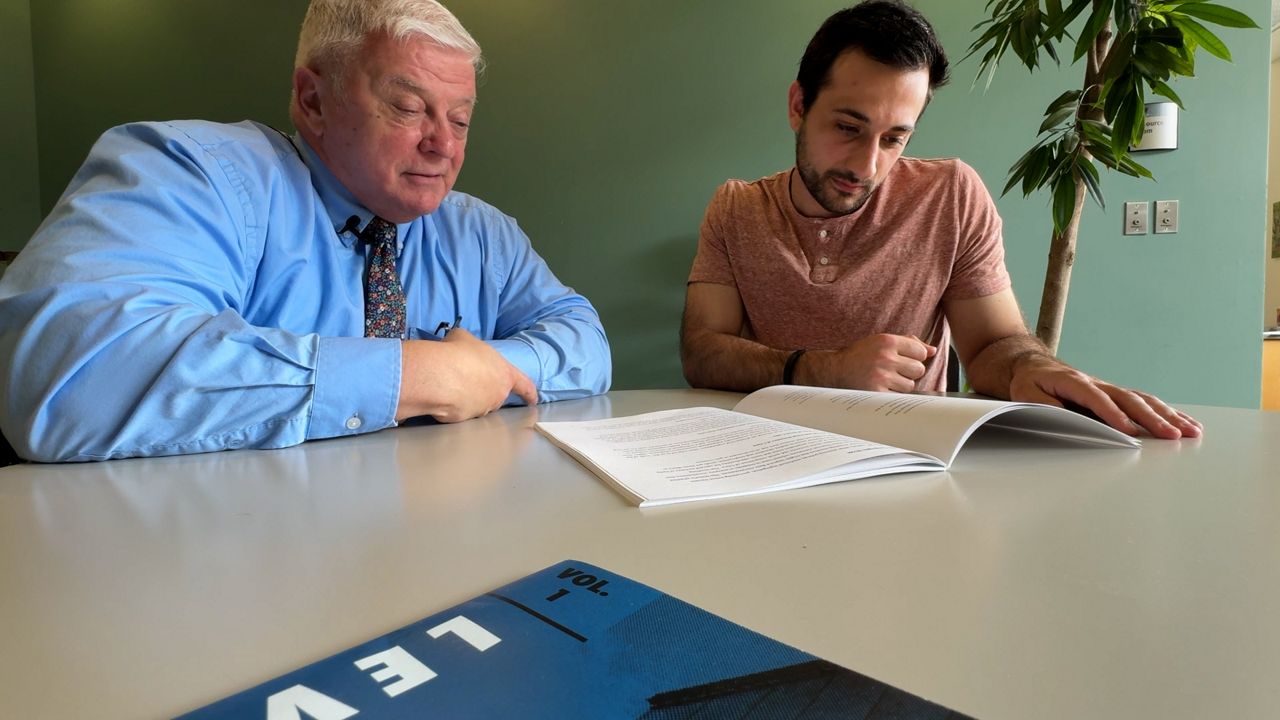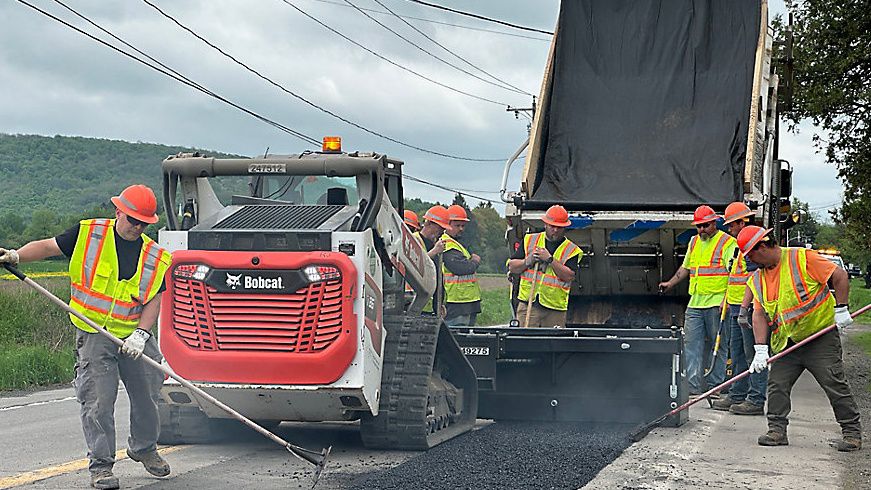As conversations continue surrounding the Christopher Columbus statue in Syracuse, historians say education should be at the forefront of the discussion.
Curator of History Robert Searing says Italian Americans erected a statue in Syracuse celebrating Columbus in the face of widespread discrimination.
"If you’re being villainized and you’re being marginalized, you’re going to look for an out, or you’re going to look for a symbol. We're not this; we’re not who you say we are. We are American," said Searing.
Even with their minimum wages, Searing says they raised more than $20,000.
"Paid for in nickels and dimes. They didn’t have anything," said former State Senator John DeFrancisco, who says his parents were a part of a number of people who donated money.
Historically, Searing says the statue was built to celebrate pride and perseverance.
"The statue was not built to celebrate genocide. The people who raise the money were not aware of what Columbus actually did; they did not learn it, it was not in schools," said Searing.
Since the statue was built, the truth about Columbus was revealed, and more than 14,000 people signed a petition to the city of Syarcuse, saying with this context, there should be a clear next step: taking it down.
Not everyone agrees.
"It’s a little unfair to judge him by the standards of today. He has a historical significance, and he’s still considered the founder of America," said DeFrancisco.
Searing says Italian Americans and Indigenous people both point to oppression when taking a stance on the statue. Historically, Searing believes there’s a “clear winner” in the comparison.
"That would be the American Indian and the enslaved African," he said.
He hopes learning is at the forefront of what’s next.
"What I advocate for is education about the issues that were here before the state, and the issues that are going to long outlive whatever monument is up of Columbus or anybody else," Searing said.
Syracuse Mayor Ben Walsh says one option is an education center and announced a Columbus Circle Action Group will discuss the future of the area.









